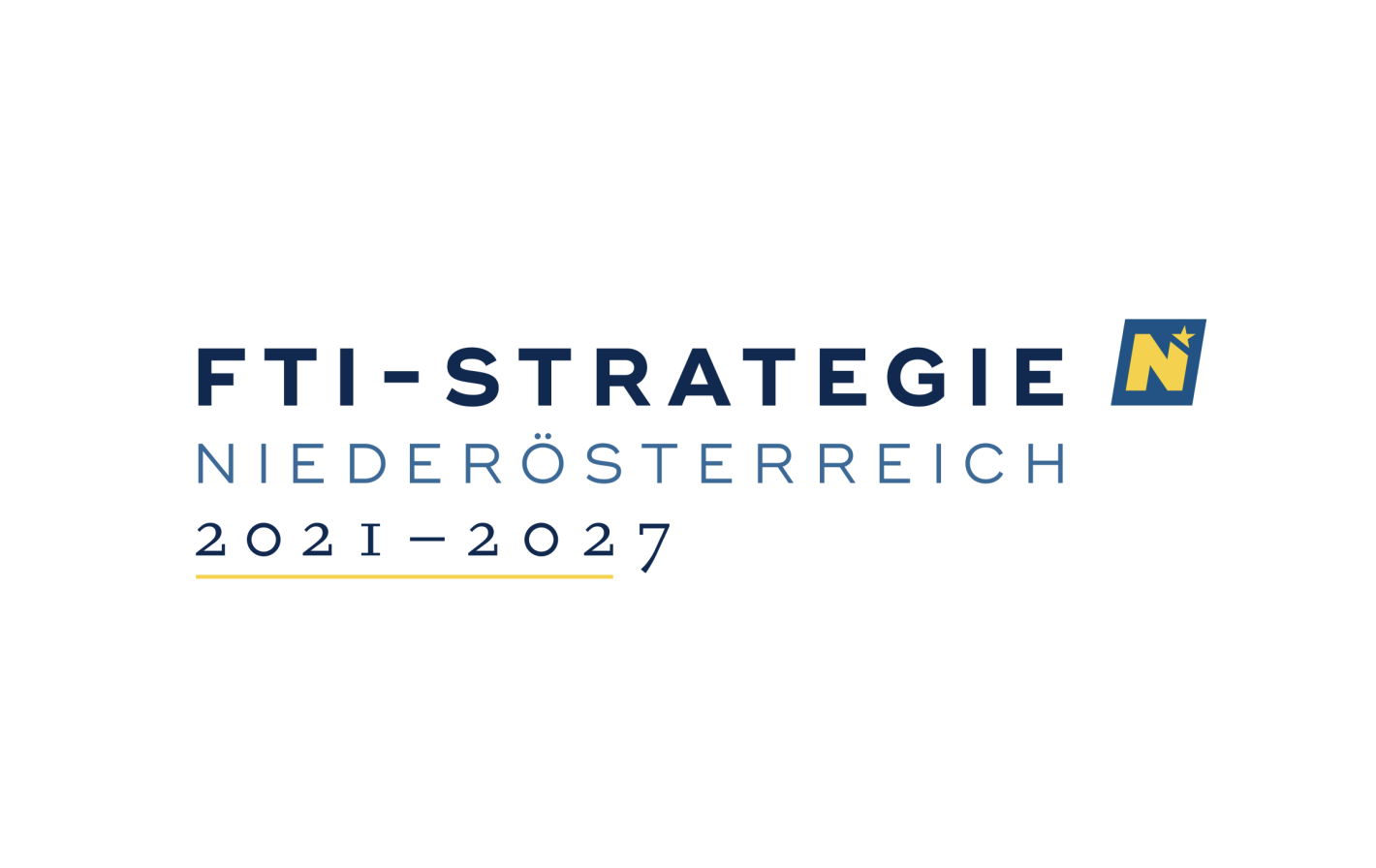3D printing of extracellular vesicles from Hoffa fat pad derived mesenchymal stem cells for cartilage regeneration

Lead partner:
Universität für Weiterbildung Krems (Donau-Universität Krems)
Scientific management:
Andrea De Luna
Additional participating institutions:
IMC Hochschule für Angewandte Wissenschaften Krems
Medizinische Universität Wien
Field(s) of action:
Digitalization, intelligent production and materials
Scientific discipline(s):
3040 - Medizinische Biotechnologie (100 %)
Funding tool: Basic research projects
Project-ID: FTI23-G-007
Project start: 01. Juni 2024
Project end: 31. Mai 2027
Runtime: 36 months / ongoing
Funding amount: € 343.685,00
Brief summary:
As Osteoarthritis (OA) is one of the fastest growing health conditions especially in the aging population, development of new therapeutic approaches for osteochondral regeneration is needed. Till now, treatment options for OA are mainly palliative focusing on relieve of pain and inflammation, but do not result in a fully restoration of the joint’s mechanical function. Additive manufacturing techniques offer the possibility to generate organized tissue constructs to repair or replace damaged tissues. These constructs are generated by printing layers which are composed of cells and biomaterials. For tissue engineering approaches, mostly stem cells are used but it has been shown that mainly the secretome of cells including extracellular vesicles (EVs) are the main mediators of their regenerative feature.
The overall aim of this study is to evaluate the ability to 3D bioprint EVs derived from mesenchymal stem cells isolated from the Hoffa fat pad (HFP-MSC-EVs) within two different biomaterials (methacylated silk fibroin/hyaluronic acid (SilMA/HAMA) versus gelatin methacryloyl (GelMA) hydrogels) and whether these constructs promote repair of a cartilage defect in an ex vivo model.
HFP-MSC-EVs will be isolated by ultrafiltration and characterized by nanoparticle tracking analysis and Western Blot. Hydrogels will be fabricated and EVs will be added prior crosslinking of hydrogels. Various functional assays will be performed such as the influence of the EV-functionalized hydrogels on migration, proliferation and chondrogenesis of bone marrow derived stem cells and OA chondrocytes either in a co-culture model or when cells are directly encapsulated into the EV-functionalized hydrogels. To assess the cartilage repair capacity of HFP-MSC-EVs-functionalized hydrogels, a defect will be created in human osteochondral plugs and hydrogels will be integrated. Repair capacity will be analyzed e.g. by histological staining for cartilage specific extracellular matrix expression.
Keywords:
3D printing, Hybrides Biomaterial, extrazelluläre Vesikel, Osteoarthrose

